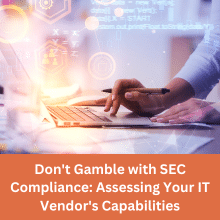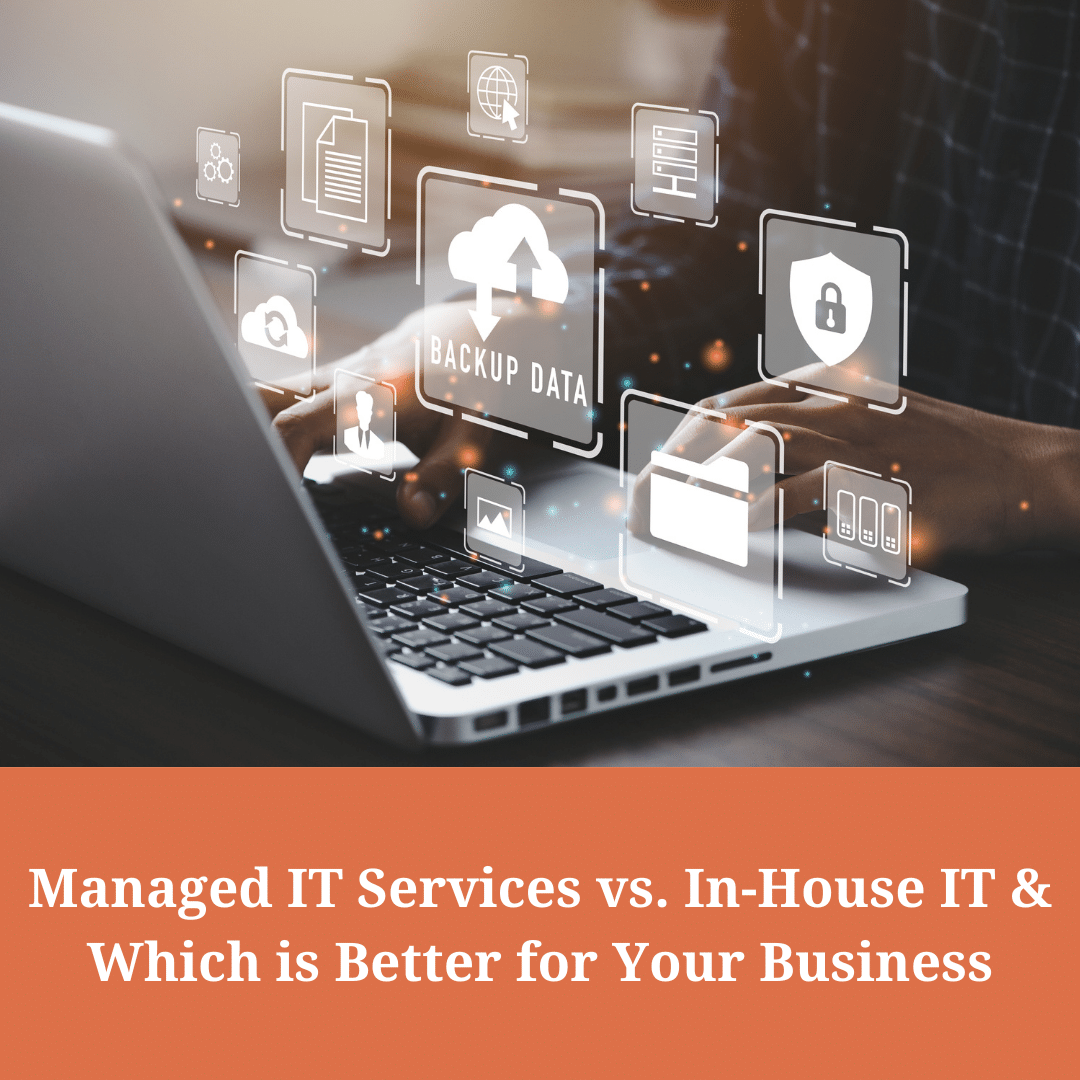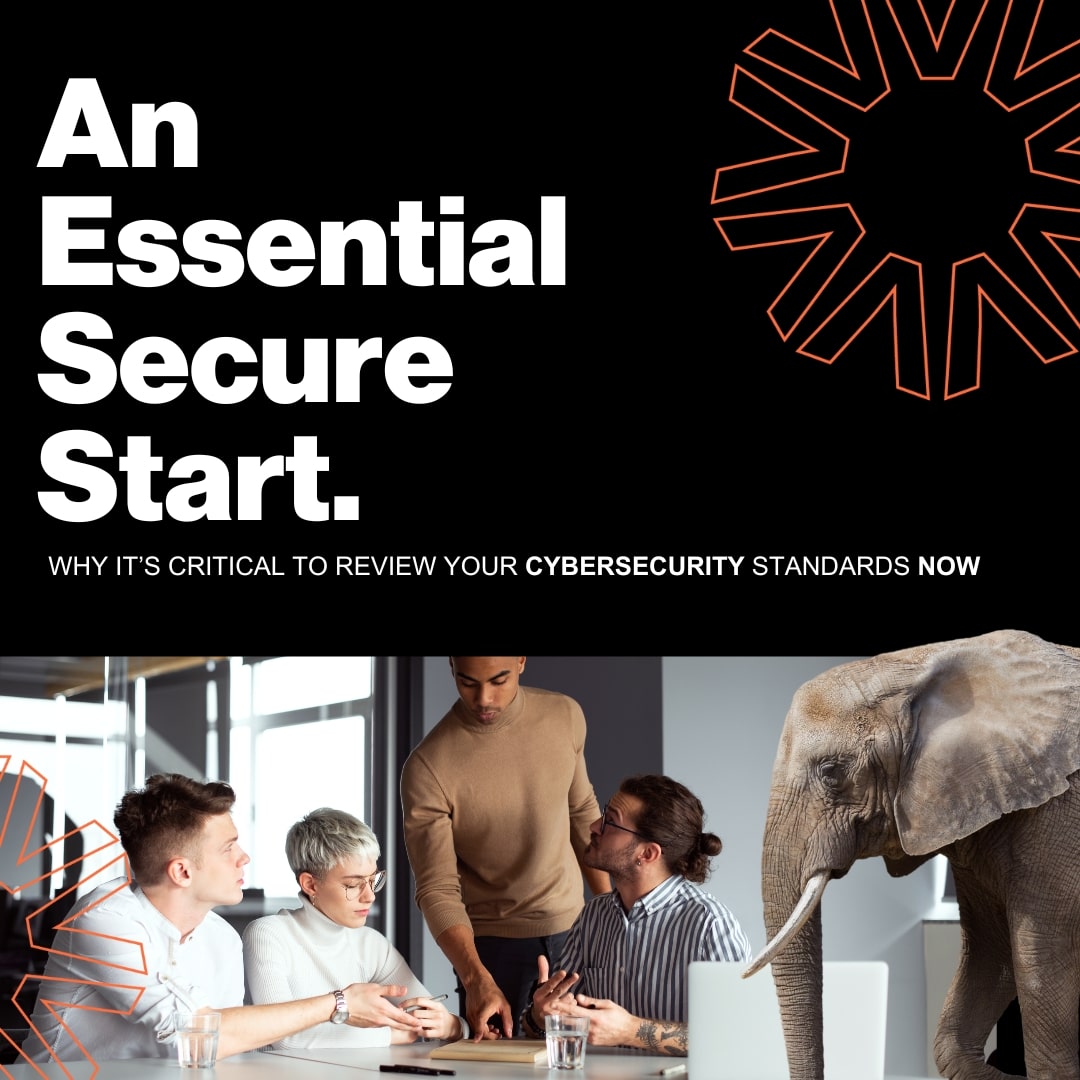The hallmark of the Visory experience, our dedicated team of professionals provides a high degree of support for all your IT needs
Leading edge solutions that are always working to maintain the integrity of your firm’s IT backbone
Best in class security to protect your firm’s data and technology
Tips, advice, and industry insight from our team of accountants and business owners to yours.
Bypass the wait time and access Visory’s Obsessive Client Support®
Take your business to new heights with Visory’s flexible QuickBooks hosting solutions
The same Sage you work in every day, only better
An affordable CRM for small- and medium-sized businesses, built to support your sales, marketing and customer service needs
Revolutionize your next tax season with added efficiency and mobility
Liscio mobile app streamlines client communications and makes security automatic.
Access critical applications that are integrated seamlessly into your workflow, conveniently hosted on the same server
Access affordable enterprise-grade hosting solutions with none of the IT burden

We’ll help you develop and implement the right cybersecurity policies and protocols to keep your firm secure and in compliance with regulatory guidance
We’re here to manage your firm’s IT activity, safeguarding the integrity of your infrastructure and devices, so you don’t have to
We’ll help you develop and implement the right cybersecurity policies and protocols to keep your firm secure and in compliance with regulatory guidance
Security that ensures everyone granted access is who they claim to be
Educate and train your most important last line of defense – your people with Visory and industry-leading KnowBe4.
Protection where people and their machines intersect
Secure access to your data with multiple verification checks on identity, reduce the risk of compromise, prevent cyberthreats
Get started on a robust security plan with a WISP for your business

IRS 4557
Complying with state and federal privacy regulations and more
Lorem ipsum dolor sit amet, consetetur sadipscing elitr, sed diam nonumy
Lorem ipsum dolor sit amet, consetetur sadipscing elitr, sed diam nonumy
Lorem ipsum dolor sit amet, consetetur sadipscing elitr, sed diam nonumy
Lorem ipsum dolor sit amet, consetetur sadipscing elitr, sed diam nonumy
Lorem ipsum dolor sit amet, consetetur sadipscing elitr, sed diam nonumy
SaaS (Software-as-a-service) is revolutionizing the world of information technology. SaaS software solutions are now replacing the traditional on-premise software installations and are widely used to serve many businesses globally. To understand SaaS, here are the answers to 10 of the most frequently asked questions on this technology:
1.What Is SaaS?
SaaS is a software module that makes it possible to access software data from any device that is connected to the internet and posses a web browser. This saves businesses the money required to install new hardware for hosting on-premise software installations. Another difference between on-premise software installations and SaaS is that the former requires a one time purchase with license of the software while the latter involves a payment method of an annual or monthly subscription.
2.How to decide whether to choose SaaS or on-premise installation?
The complexity of the business is the determinant factor for selecting SaaS or on-premise. SaaS is usually recommended for small to moderate businesses. This is because the SaaS solutions are cost effective and require a much lower initial investment than on-premise installations.
3. Is SaaS a new technology? How successful is it?
While the idea existed around the 1960’s, SaaS evolved primarily during the 1990’s with the development of the web based technology required to support it during this time. Gradually, SaaS companies were set up and presently there are multiple major companies globally like Phoenix Software-as-a-Service (SaaS), that are providing this service and have a stable and fast growing customer base.
4. Who is the owner of the data?
This is a highly sensitive issue that needs to be carefully negotiated through a service level agreement. Usually, most SaaS contracts allow you to own the data and access the data in circumstances where the vendors goes out of business.
5. What will happen if vendor leaves business?
This is a big concern for the potential customers of SaaS but usually is not too much of a problem. This is because most vendors of SaaS prepay a sum to their data center hosting companies to continue to provide service to their customers even when the vendors leave the scene.
6. What are the limitations of SaaS?
A bad internet connection spells bad news to the customers of SaaS. However, even though on-premise softwares do not depend on internet supply, they are subject to inefficiencies due to power failure or hardware breakdown. So, none of the systems are completely foolproof and only safety measures can be adopted for a smooth running of the systems.
7. Is data safe in SaaS systems?
This is one very important question which most potential customers of this technology ask. Today, SaaS is adopted by many companies around the world for their banking and payroll systems and there seems to be scope for little complaint anywhere. Also, it is important to consider that SaaS vendors like Phoenix Software-as-a-Service (SaaS) are definitely in a better position to invest in security and backup systems than most small to medium scale businesses.
8. Can SaaS be customized?
Initially, SaaS customers had to be satisfied with a uniform software for their business. However, with growing knowledge and experience, today there is a large base of consultants who are tweaking the SaaS systems to customize the software according to the unique and specific needs of individual organizations.
9. What is cloud computing? How is it different from SaaS?
Cloud computing refers to a collection of infrastructure including computers, databases and servers that delivers the software service to various customers. SaaS refers to the delivery of the business software applications through cloud computing.
10. What’s a private Cloud?
In a private cloud system, businesses, instead of sharing a cloud computing system with the public, shares it with its own members only. This is however, a more expensive option.
Managed Services
Rely on our industry expertise to reduce your IT burden and access the best technology solution to help your business grow.
IT Support and Services
Get your IT questions answered, issues resolved and generally make your workday easier with support from our team. We call this Obsessive Support®.

Don’t Gamble with SEC Compliance: Assessing Your IT Vendor’s Capabilities

Managed Services IT vs. In-House IT: Which is Best for Your Business?

Empowering RIAs: The Crucial Role of SOC 2 Type II Certified Cybersecurity Vendors

A Secure Start: Why it’s Essential to Review your Cybersecurity Strategies with your Managed Service Provider in the New Year





